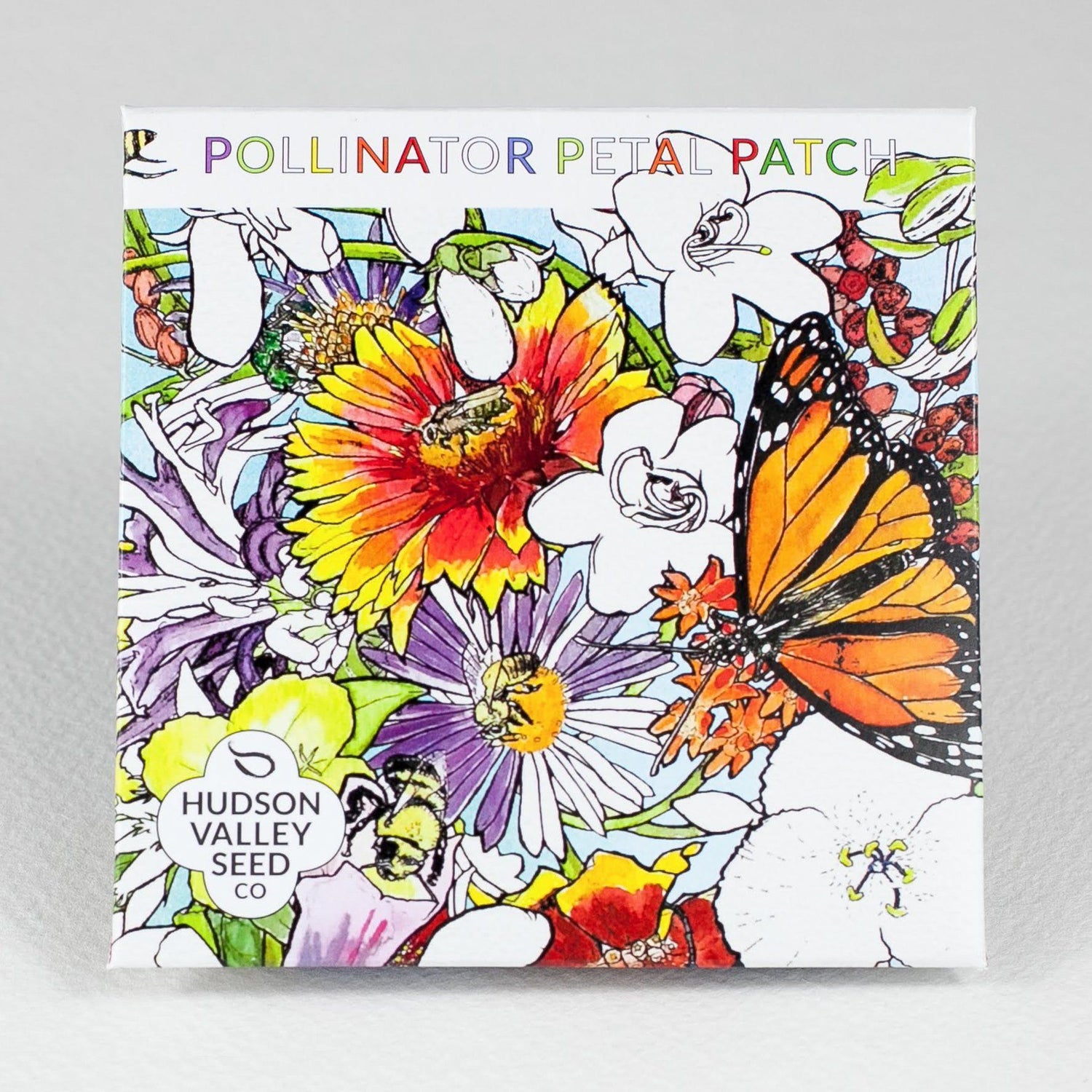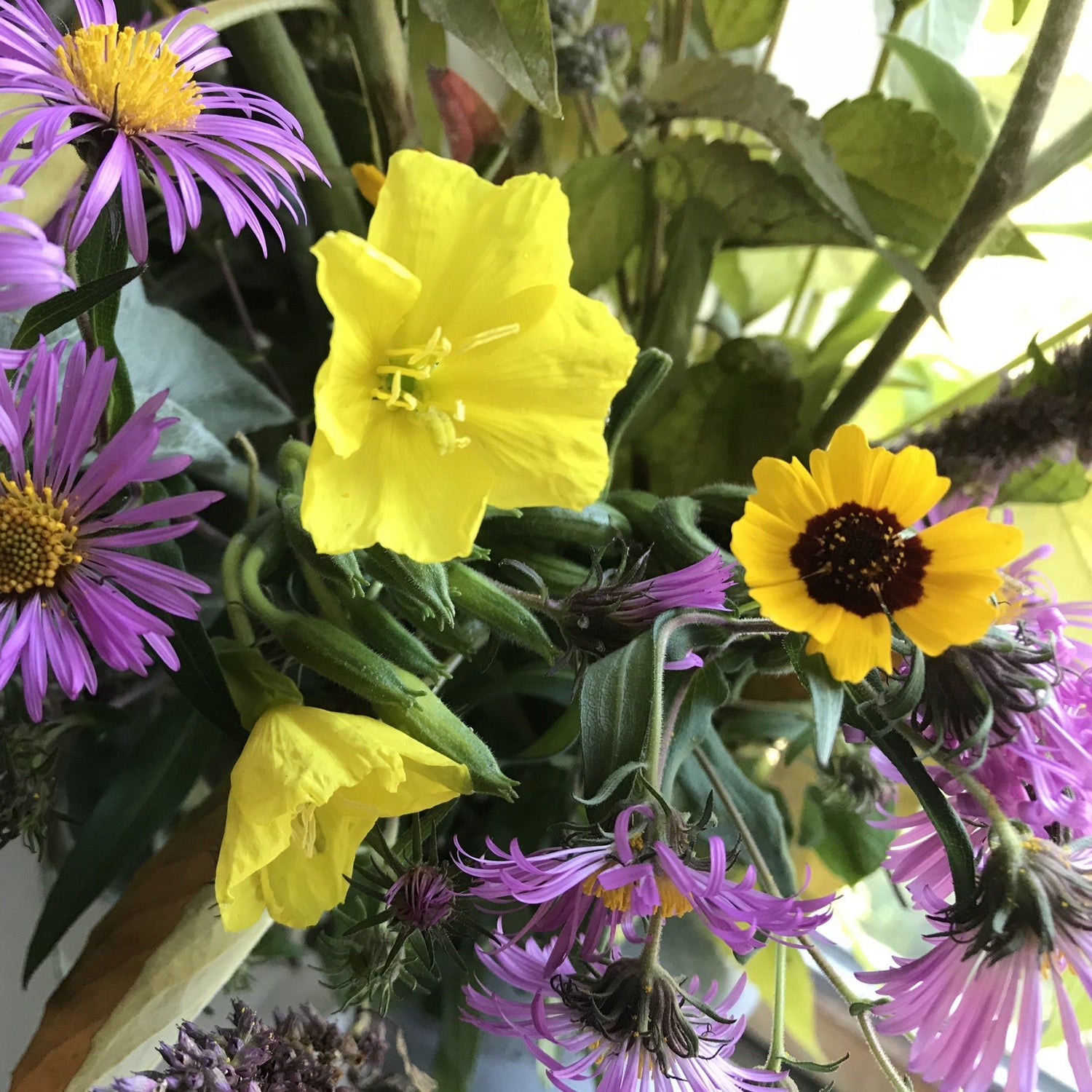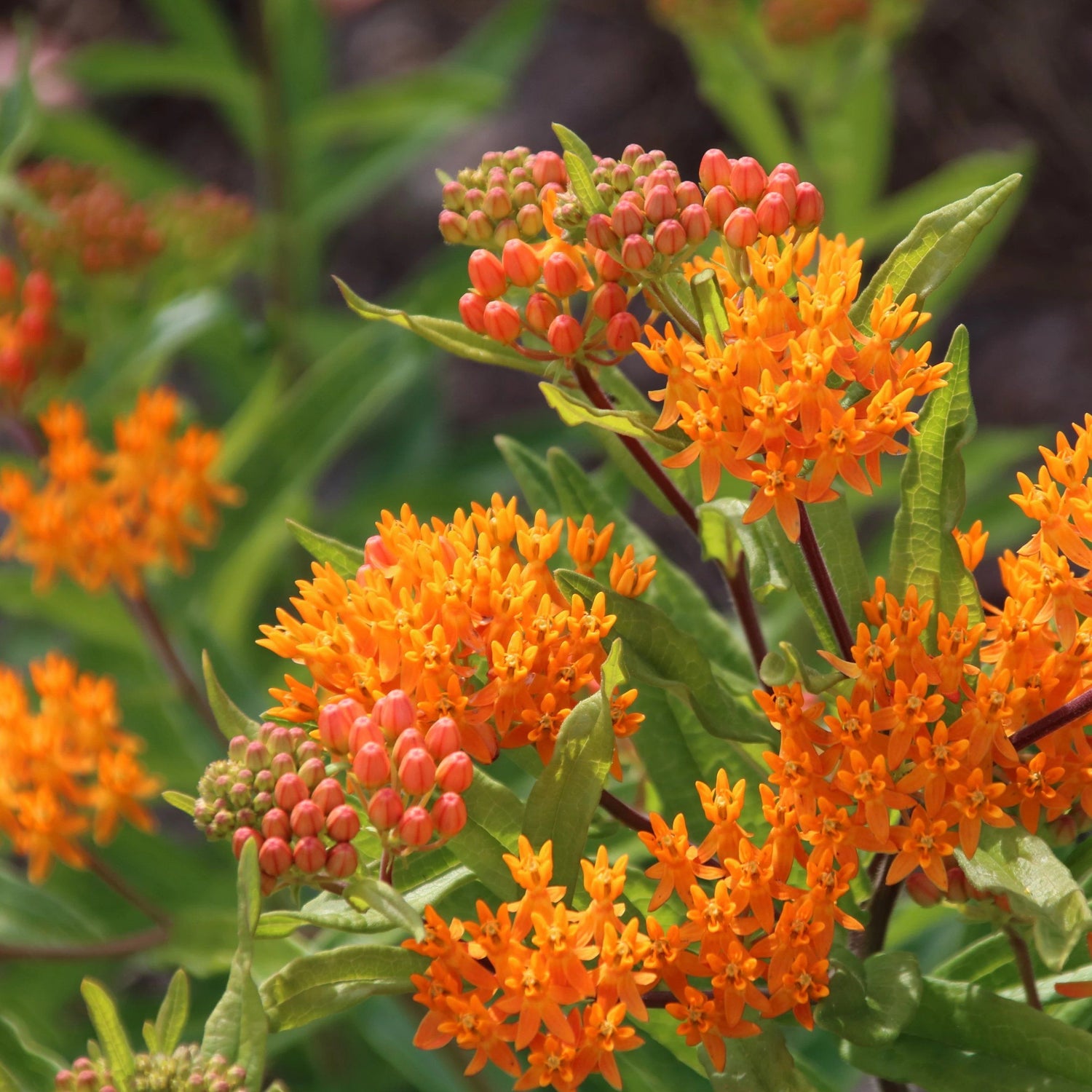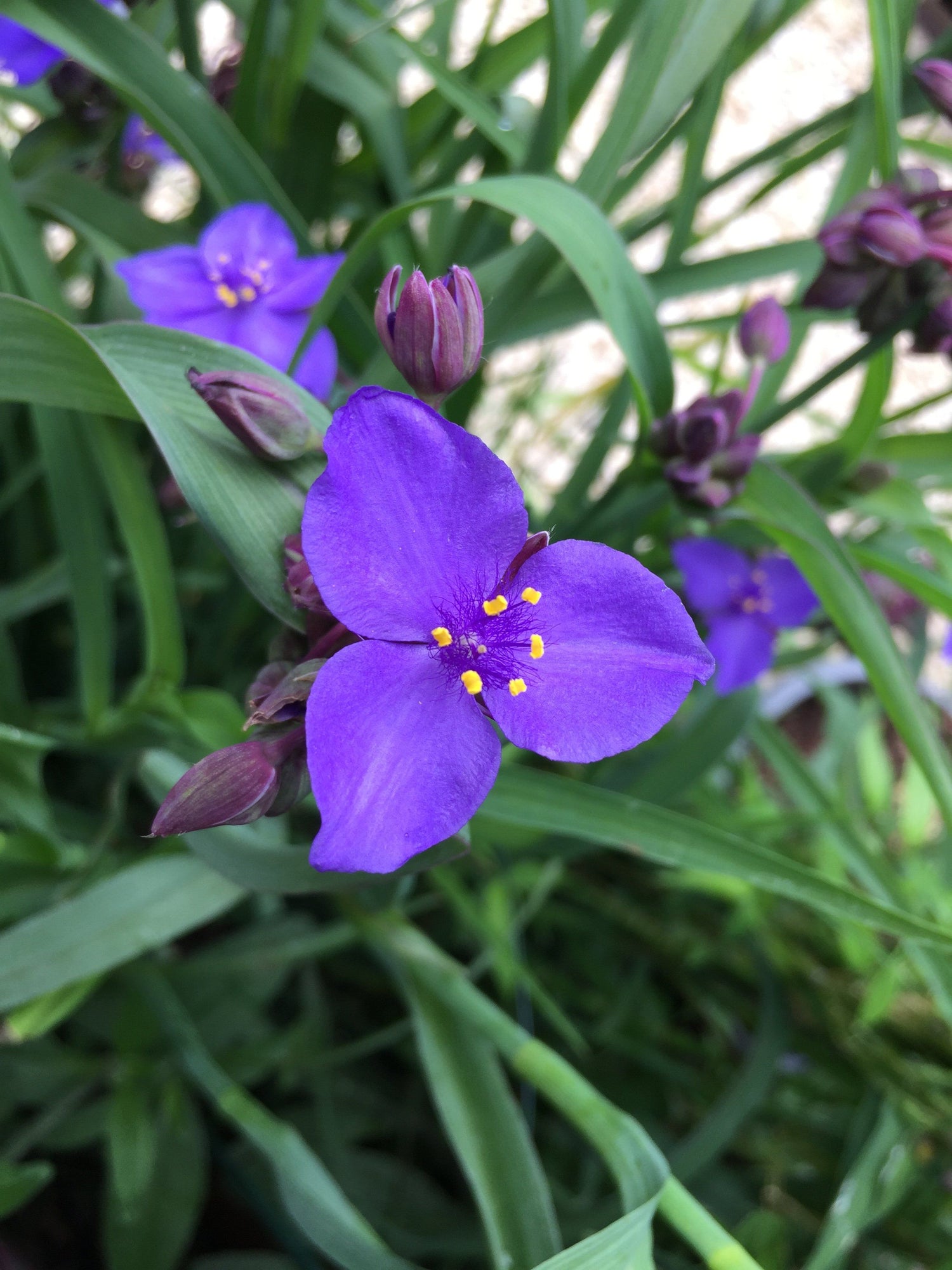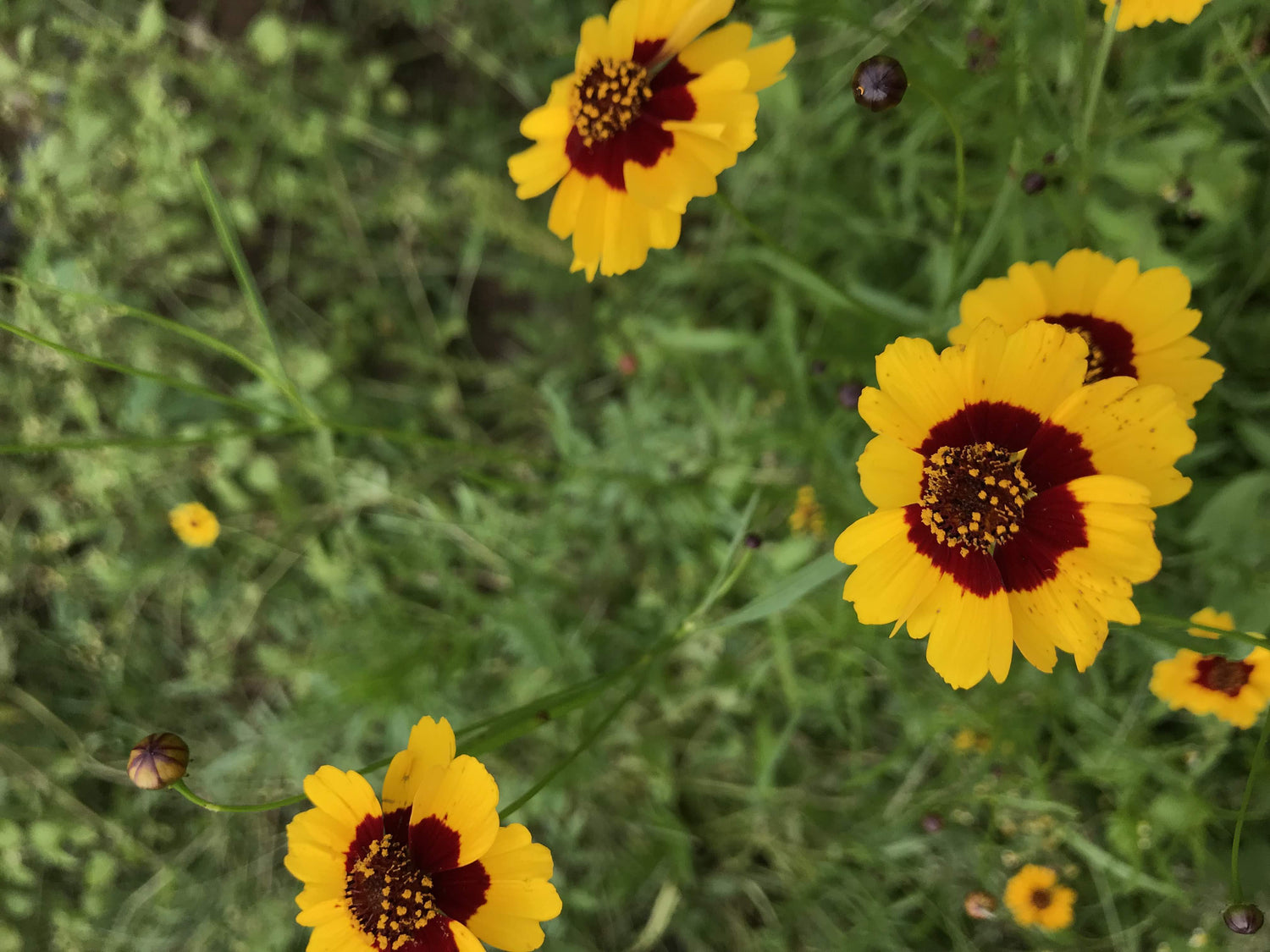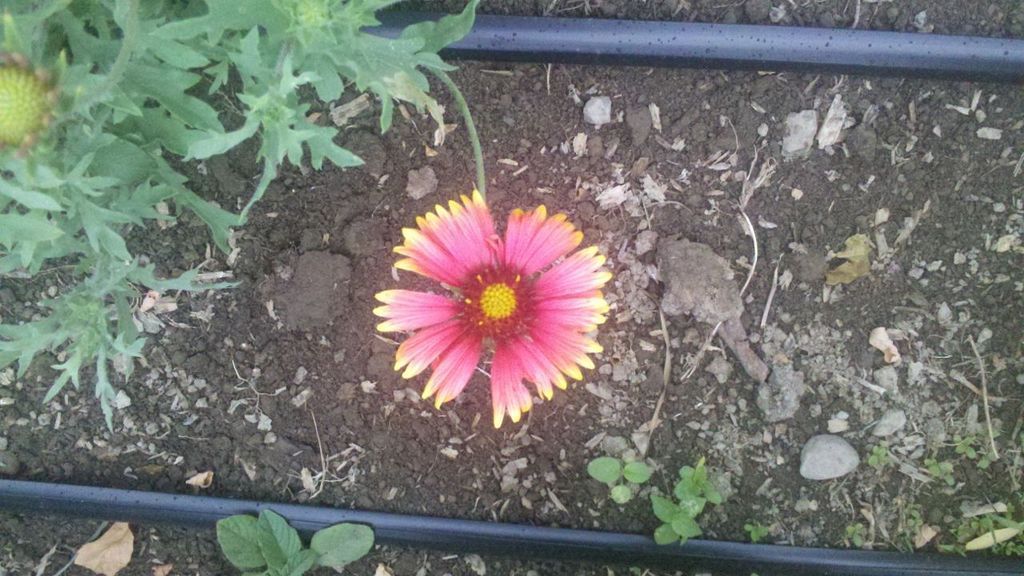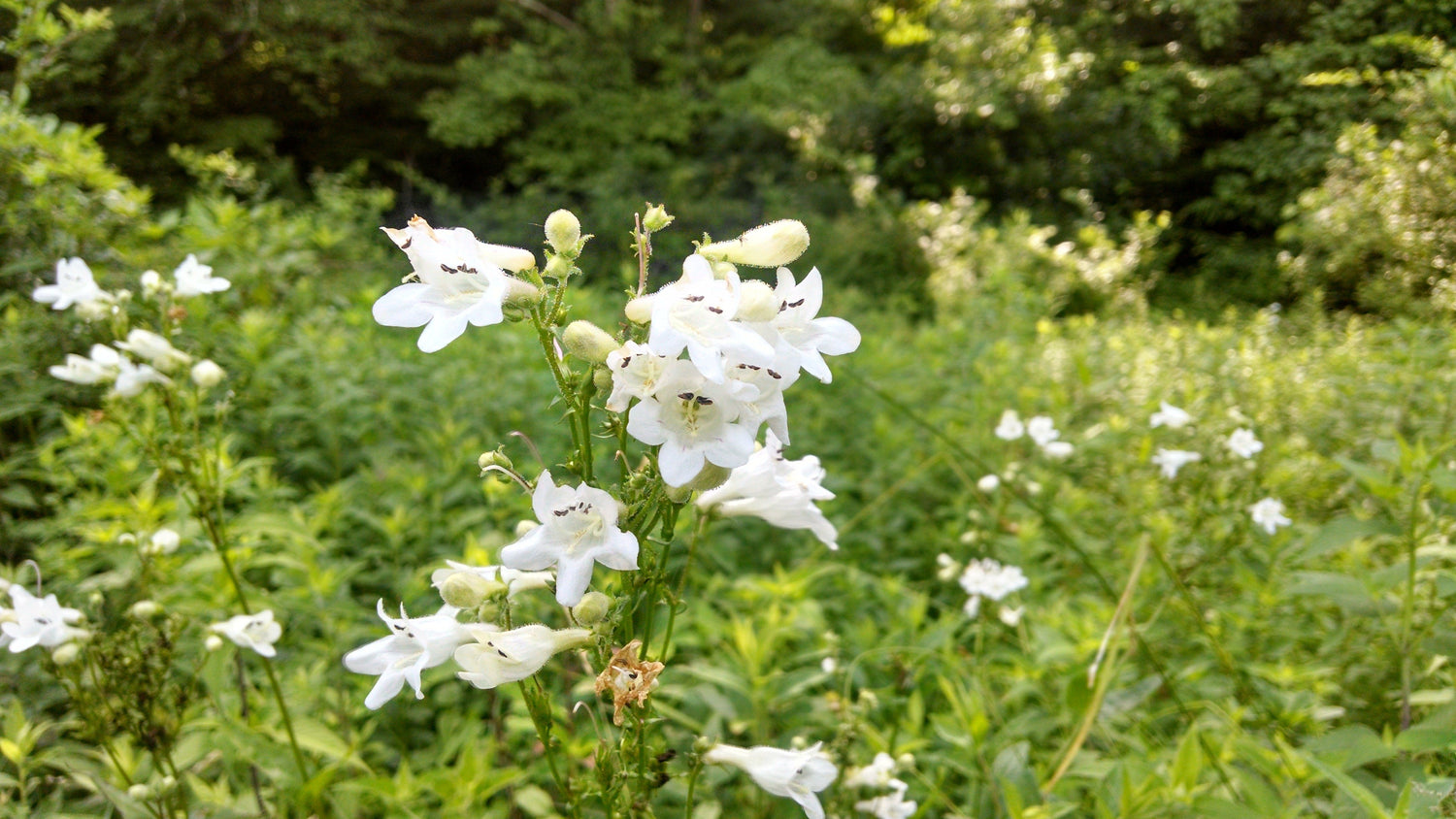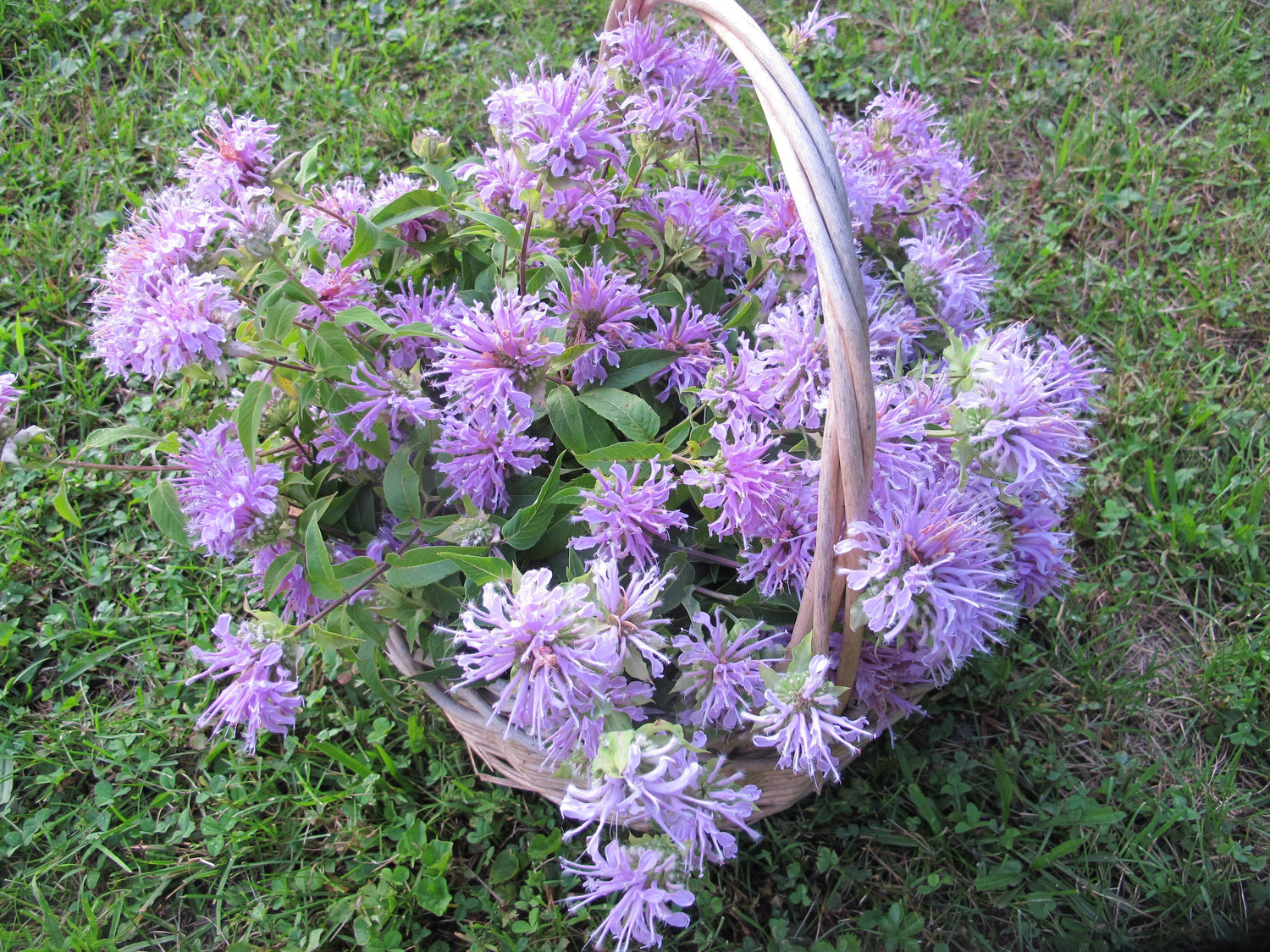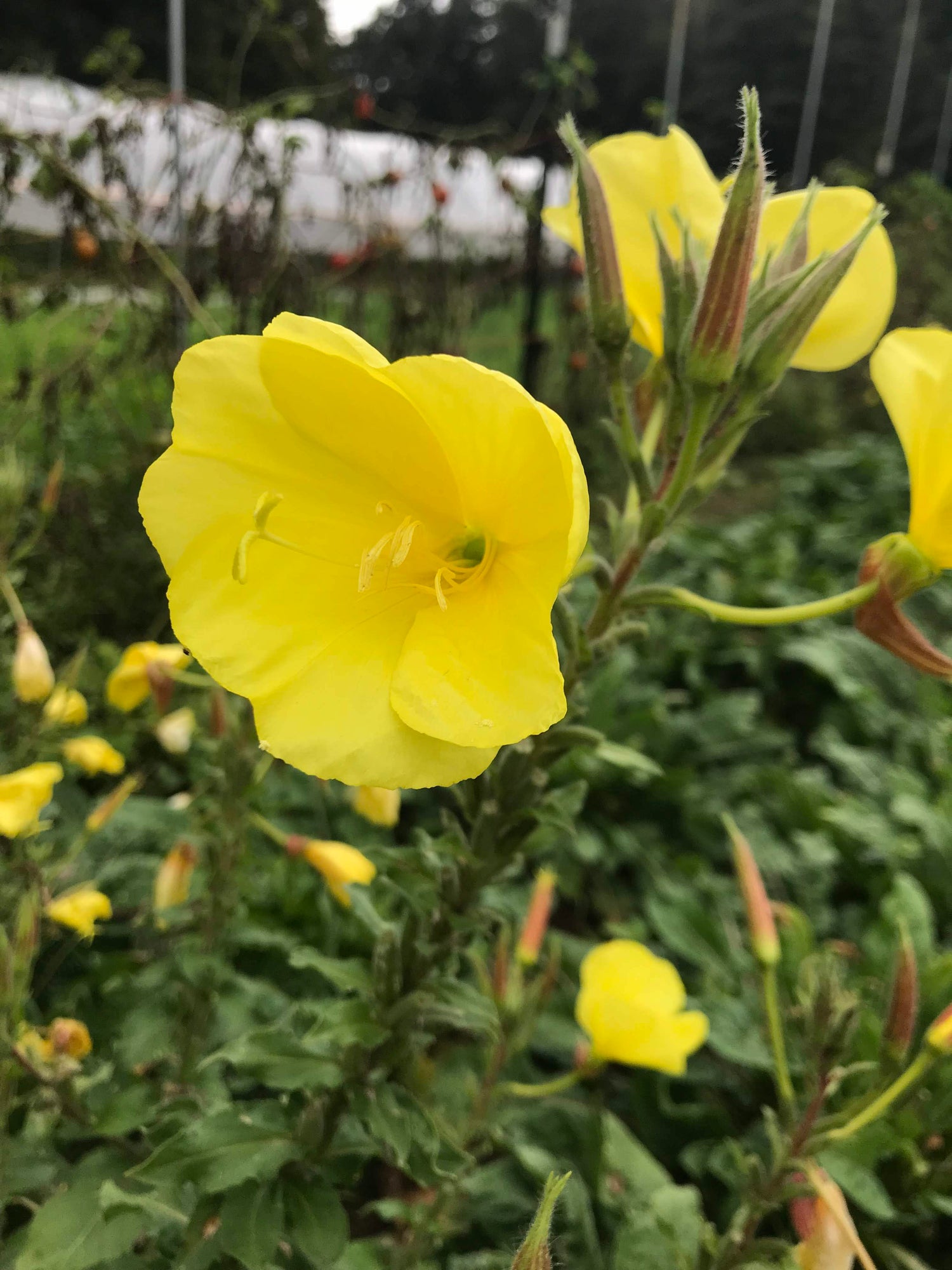Pollinator Petal Patch
Various Species
Conventionally Grown
Provide refuge for pollinators!
Why do flowers come in so many colors? One theory is that the colors attract pollinators. But insects, including solitary bees, honey bees, butterflies, wasps, and flies, don't see color the same way we do. Their compound eyes can detect most of the colors we can't but they also see UV light, invisible to humans. To their eyes, every beautiful bloom is a veritable bullseye, a combination of visible and UV light patterns that guide them toward sustaining nectar, thus continuing the cycle of life.
Includes New England Aster, Plains Coreopsis, Penstemon, Indian Blanket, Evening Primrose, Wild Bergamot, Milkweed, and Ohio Spiderwort.
500 seeds sow a 3'x10' garden plot.
To find out more about the Artist, checkout our Blog post: Pollinator Petal Patch
Ships within 2-3 business days
Couldn't load pickup availability
Growing instructions
Product Details
| Days to Maturity | 75 days365 days |
|---|---|
| Days to Germination | 5-25 days |
| Width at Maturity | 12" |
| Height at Maturity | 10-24" |
| Sun Conditions | Full Sun (8+ Hours Sun) |
| Planting Depth | Surface-1/2" |
| Row Spacing | 18" |
| Plant Spacing | 12" |
About the artist










Pollinator Petal Patch
- Regular price
-
$5.79 - Regular price
-
- Sale price
-
$5.79


